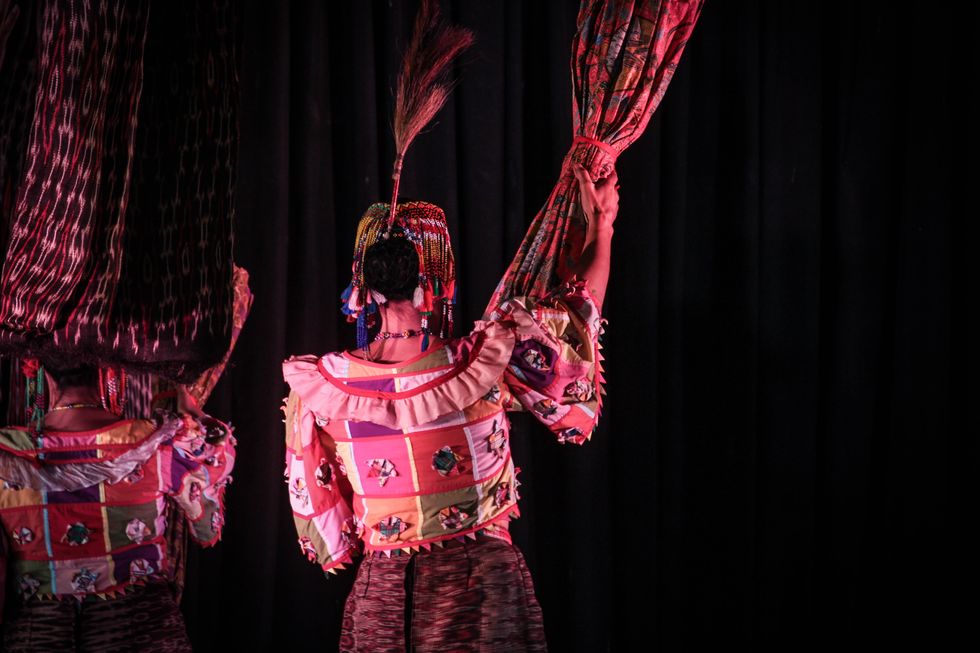I identify as a Filipinx-American student. I've always been in touch with my culture, whether it be visiting the Philippines or cooking traditional foods. Something that isn't talked about a lot, however, is the feeling of cultural diaspora Filipinx people face, especially if they grew up in America.
For me, whenever I went to the Philippines I felt "too American." I never learned how to speak Tagalog. Even though I was comfortable with the culture, growing up in America gave me a level of privilege compared to if I grew up in the Philippines.
However, in America, I was "too ethnic."
I'm used to eating foods that were deemed "gross." I practiced traditional dances that would be seen as "weird" to someone who was unfamiliar with the culture. I grew up listening to my parent's broken English, which made it hard for me to learn proper English grammar in school.
The Philippine culture itself is confusing as well. The traditions are very similar to different Pacific Islander nations, but we are considered Asian. Due to the colonization of Spain, our Spanish influences differentiate us apart from Asian cultures. However, we also don't fit into the Spanish culture due to our Asian backgrounds as well.
Being a Filipinx-American is being in a constant state of not knowing exactly what mold you belong in. I'm too Asian to be considered "American," too American to be considered "Asian," too "Asian" to be "Pacific Islander", but too "Spanish" to be considered "Asian."
So where do I actually belong?
However, it was so hard to understand this growing up. I felt like I needed to be put into a certain place in society. I needed to find a group of people I could connect with. I felt too different among all the white friends I had. But among my friends of color, I felt as if I didn't have a strong enough connection to where my family was from because I myself had never grown up there.
By looking at me, people didn't know my ethnicity. I was too tan to be Asian and had too many Asian features to be Spanish or Pacific Islander. I found myself having to explain who I was. Before, I felt like this was a chore needing to explain myself. Now, however, I realized the beauty in it. I get to explain my culture, how having all of these different backgrounds make the Filipinx culture so unique. It can get exhausting, but that's what happens when you are a person of color in America.
I spent so much time trying to figure out where I "fit" in. I didn't realize that there was no need to. I was trying to figure out what kind of stereotype to conform to. In reality, I had already found my place. Being Filipinx itself was unique in America. I needed to embrace the unique quality I had more and not hide it because I was too afraid of being different. In the Philippines, I needed to understand the privilege I had and be able to give back to the community.
Whether it be sending tons of "Balikbayan Boxes" to the islands, or keeping in touch with family members overseas. My culture is unlike other Asian cultures due to the different islander and Spanish influences. This is what makes Filipinx people so special.
We are basically the mixing pot of the Pacific.



















